CeBIT 2010: Cluug organises Windows with semantic desktop
Semantic scanner links up documents, contacts and more to help you better manage your desktop.
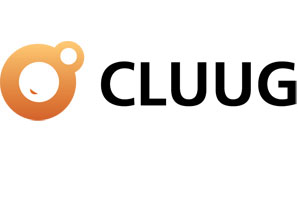

Online organisation is coming to the desktop, as Austrian company Gnowsis is taking semantic web ideas to your email, calendar and documents.
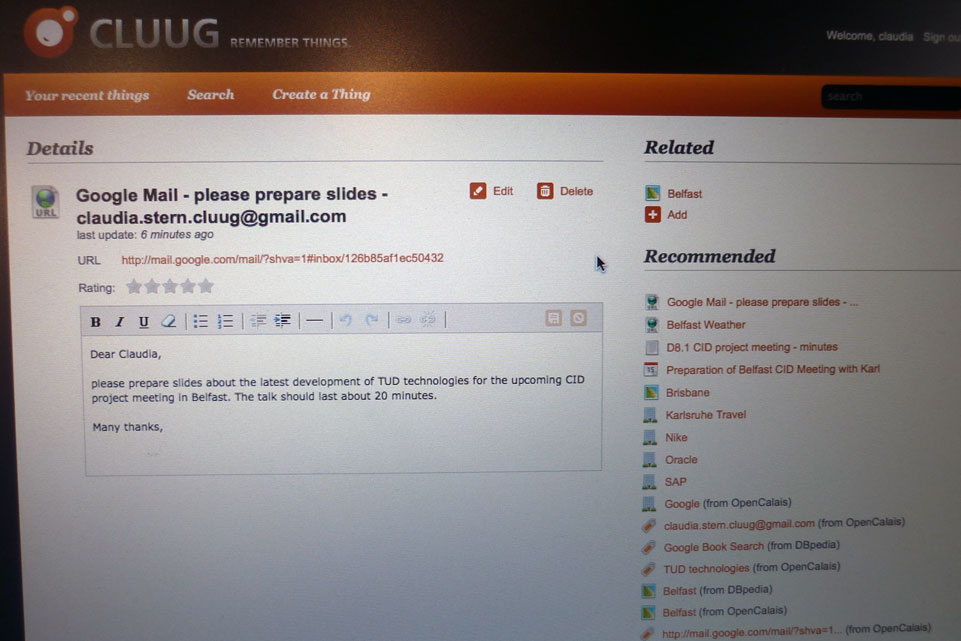
"It reads your docs, contacts - the goal is to read everything you come into contact with you life," explained Dr Leo Sauermann, founder of Gnwosis, as he demonstrated the alpha version of Cluug to IT PRO this week at CeBIT.
Users can also easily make their own links between objects, tying a spreadsheet to an email, or a weather forecast to a travel document, for example. For web-based email like Gmail, you'll need to make your links by hand using a quick automated button.
"Search is nice, but it's not how we humans work," he explained, saying we prefer suggestions and recommendations, and to make our own links between documents.
Dr Sauermann explained that we already do this, but we store the links in our heads - and lose them by forgetting.
By automating the process, Cluug could save 30 minutes a day in hunting for lost files, trying to remember what something was saved.
Like Outlook organiser Xobni, Cluug makes use of Outlooks programming APIs. He said Microsoft has made Outlook wide-open for extensions. Unlike Xobni, Cluug works across the desktop and lets users make their own links between documents.
Get the ITPro daily newsletter
Sign up today and you will receive a free copy of our Future Focus 2025 report - the leading guidance on AI, cybersecurity and other IT challenges as per 700+ senior executives
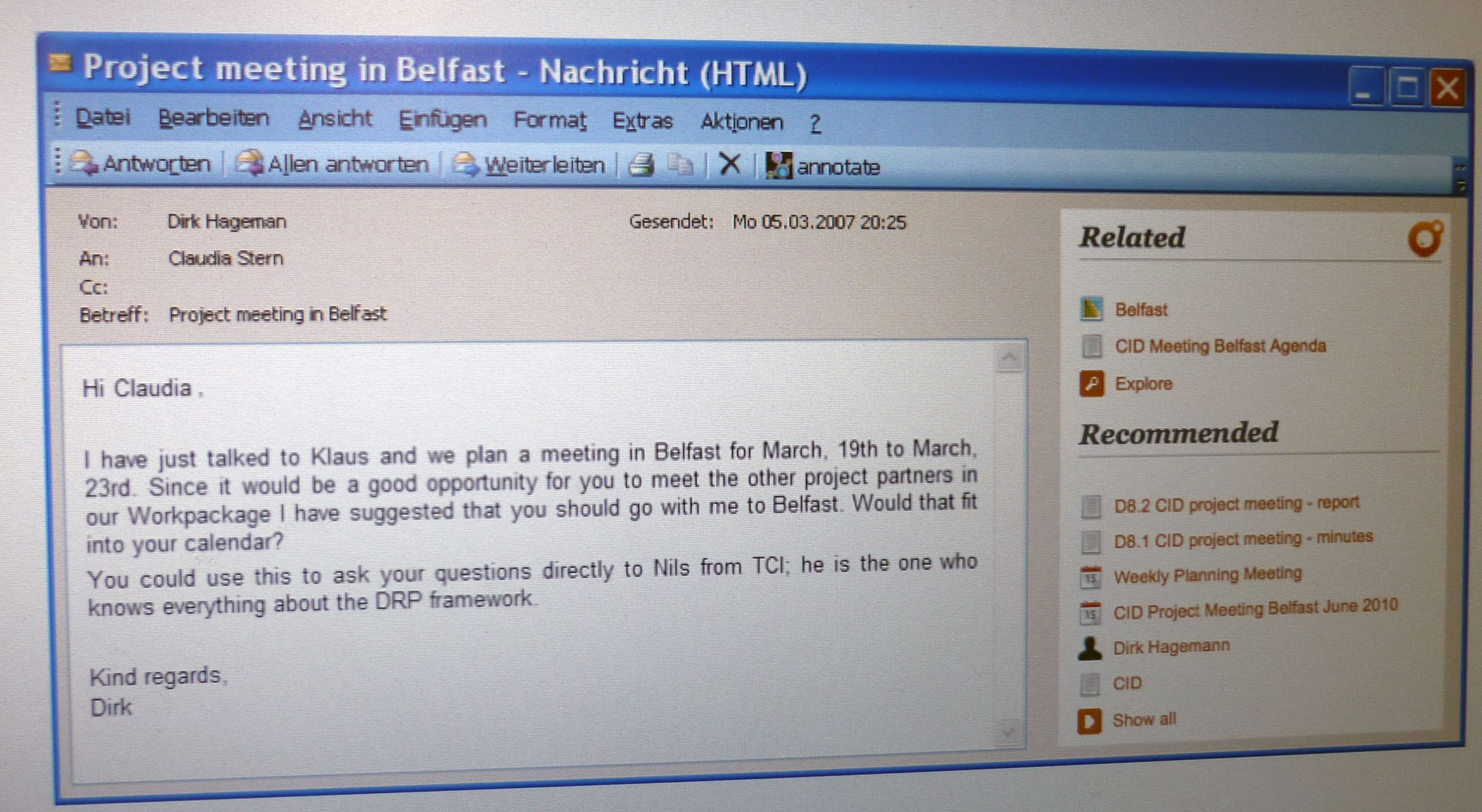
As of yesterday, 50 alpha testers had signed up for the project, which is still very much under development. Cluug needs about 300 to 350 testers, with a beta expected this summer. If you want to help out, you can sign up to test Cluug here.
Read on for more news from CeBIT 2010 here.
Freelance journalist Nicole Kobie first started writing for ITPro in 2007, with bylines in New Scientist, Wired, PC Pro and many more.
Nicole the author of a book about the history of technology, The Long History of the Future.
-
 Cleo attack victim list grows as Hertz confirms customer data stolen
Cleo attack victim list grows as Hertz confirms customer data stolenNews Hertz has confirmed it suffered a data breach as a result of the Cleo zero-day vulnerability in late 2024, with the car rental giant warning that customer data was stolen.
By Ross Kelly
-
 Lateral moves in tech: Why leaders should support employee mobility
Lateral moves in tech: Why leaders should support employee mobilityIn-depth Encouraging staff to switch roles can have long-term benefits for skills in the tech sector
By Keri Allan
-
 Microsoft angers admins as April Patch Tuesday delivers password feature without migration guidance
Microsoft angers admins as April Patch Tuesday delivers password feature without migration guidanceNews Security fixes include a zero day exploited by a ransomware group and seven critical flaws
By Connor Jones
-
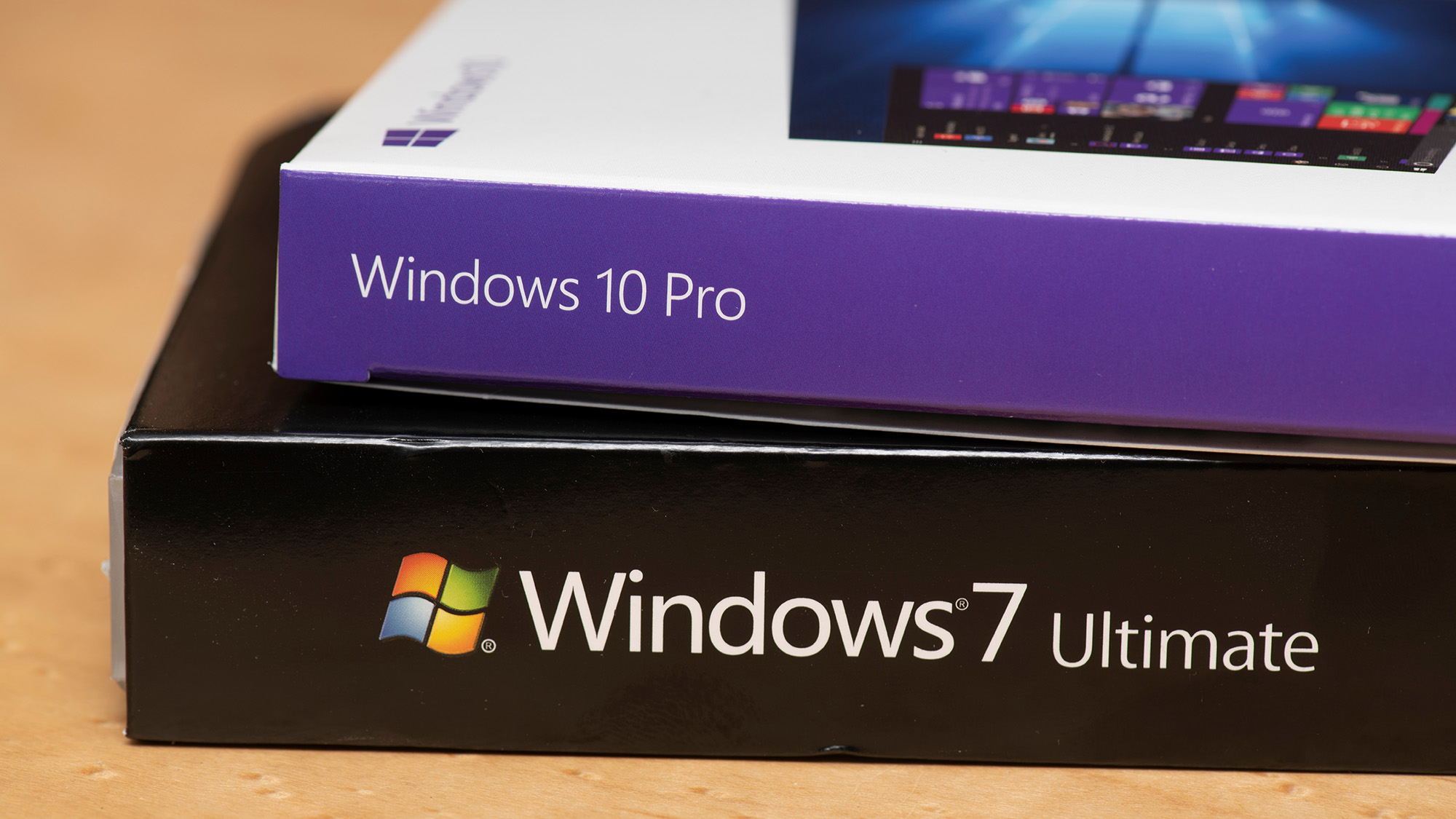 Managing a late migration
Managing a late migrationOpinion When it comes to moving from Windows 7 to Windows 10, it's better late than never
By Jon Honeyball
-
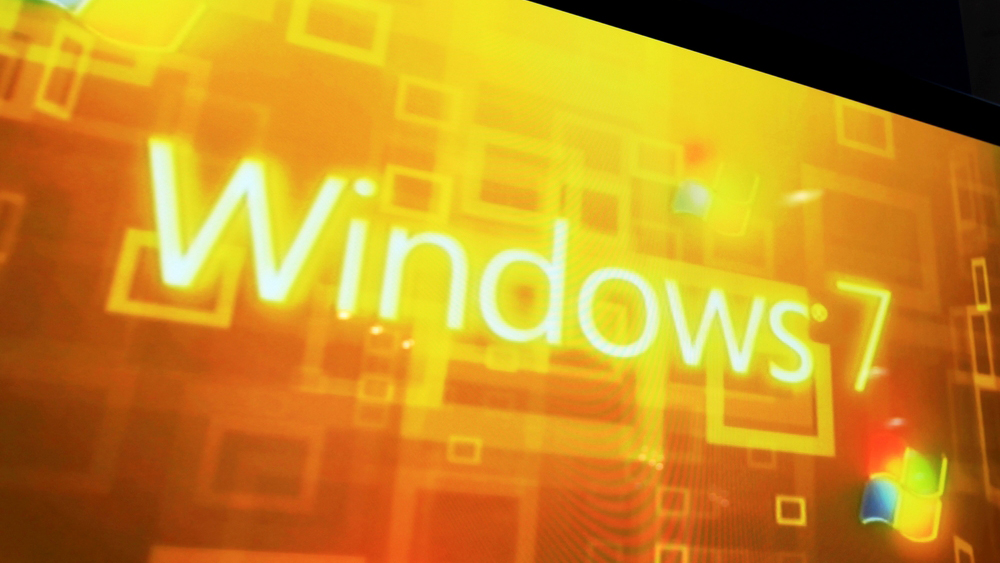 How to set up a Windows 7 emulator for Windows 10
How to set up a Windows 7 emulator for Windows 10Tutorials A complete guide for setting up a Windows 7 emulator for Windows 10 so you don’t lose access to your apps
By Nik Rawlinson
-
 The autopsy of Windows 7
The autopsy of Windows 7In-depth Report of a postmortem examination
By Chris Merriman
-
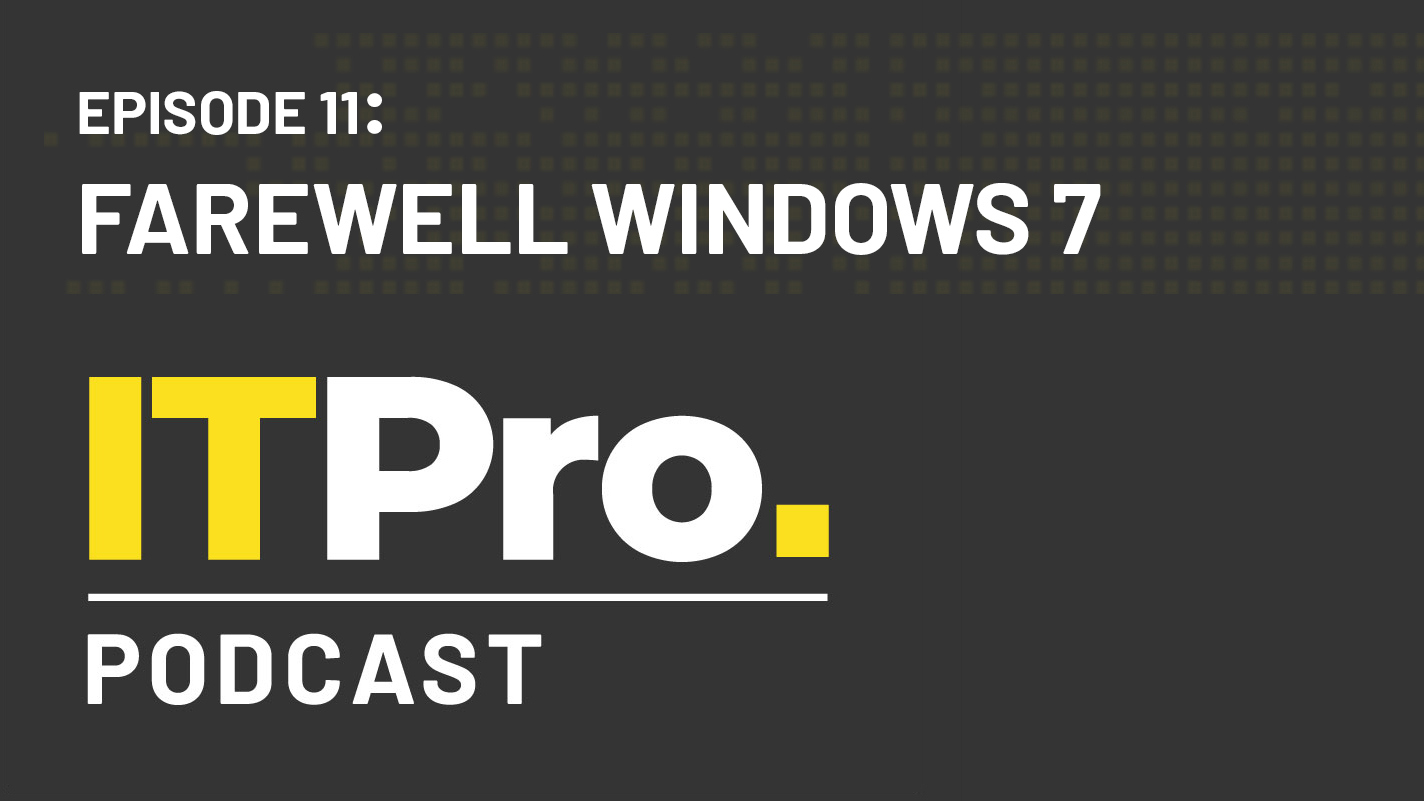 The IT Pro Podcast: Farewell Windows 7
The IT Pro Podcast: Farewell Windows 7IT Pro Podcast We reflect on the legacy of one of Microsoft's most enduringly popular operating systems
By IT Pro
-
 Windows 7 ends: what do you do next?
Windows 7 ends: what do you do next?In-depth From SMBs to big business and individuals, after 10 years it's time to move on from Windows 7
By Jon Honeyball
-
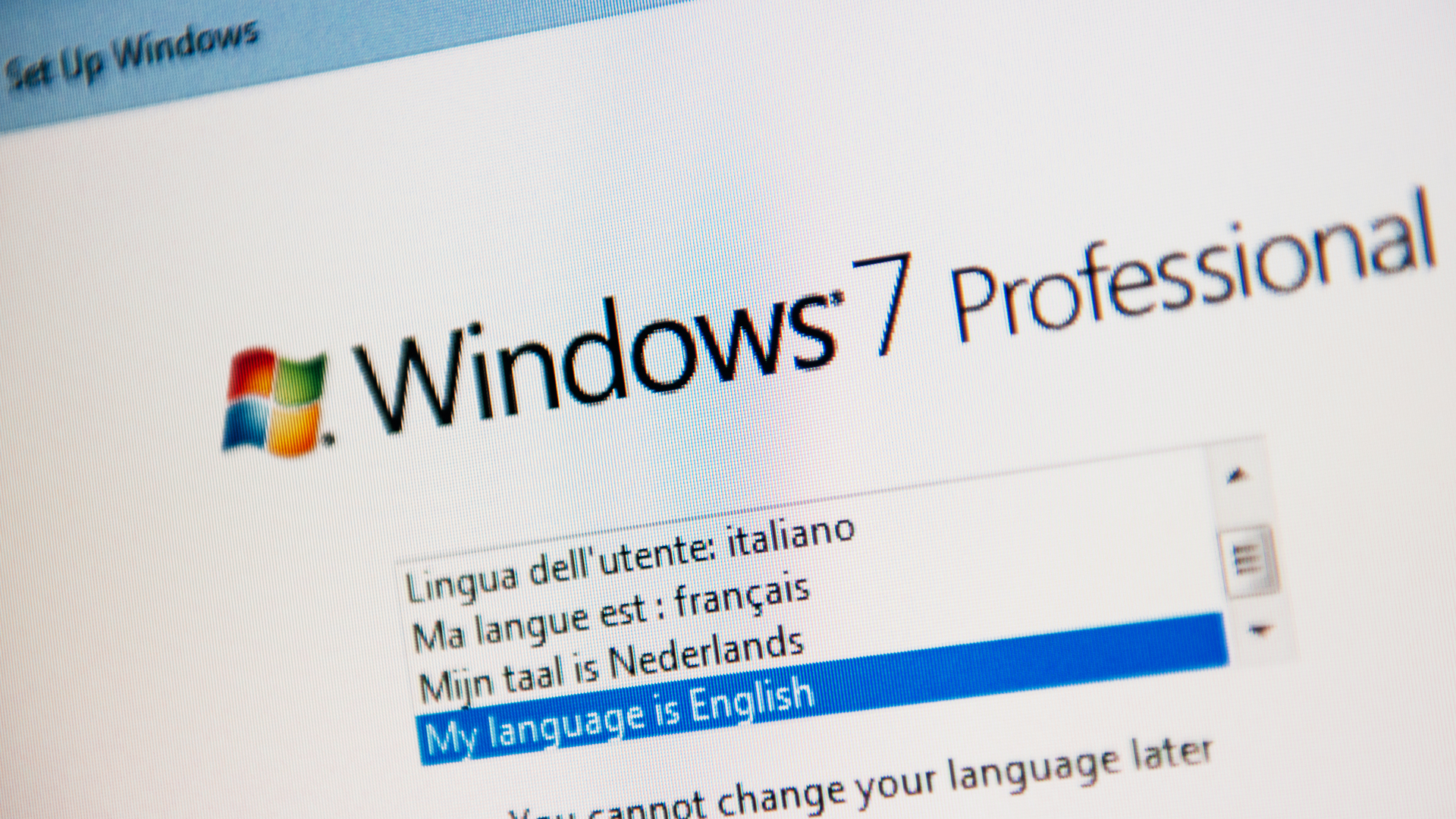 Windows 7 end of life: What to do if you haven't upgraded yet
Windows 7 end of life: What to do if you haven't upgraded yetIn-depth Microsoft has now officially moved Windows 7 to end of life, meaning it's no longer a viable business platform
By Dale Walker
-
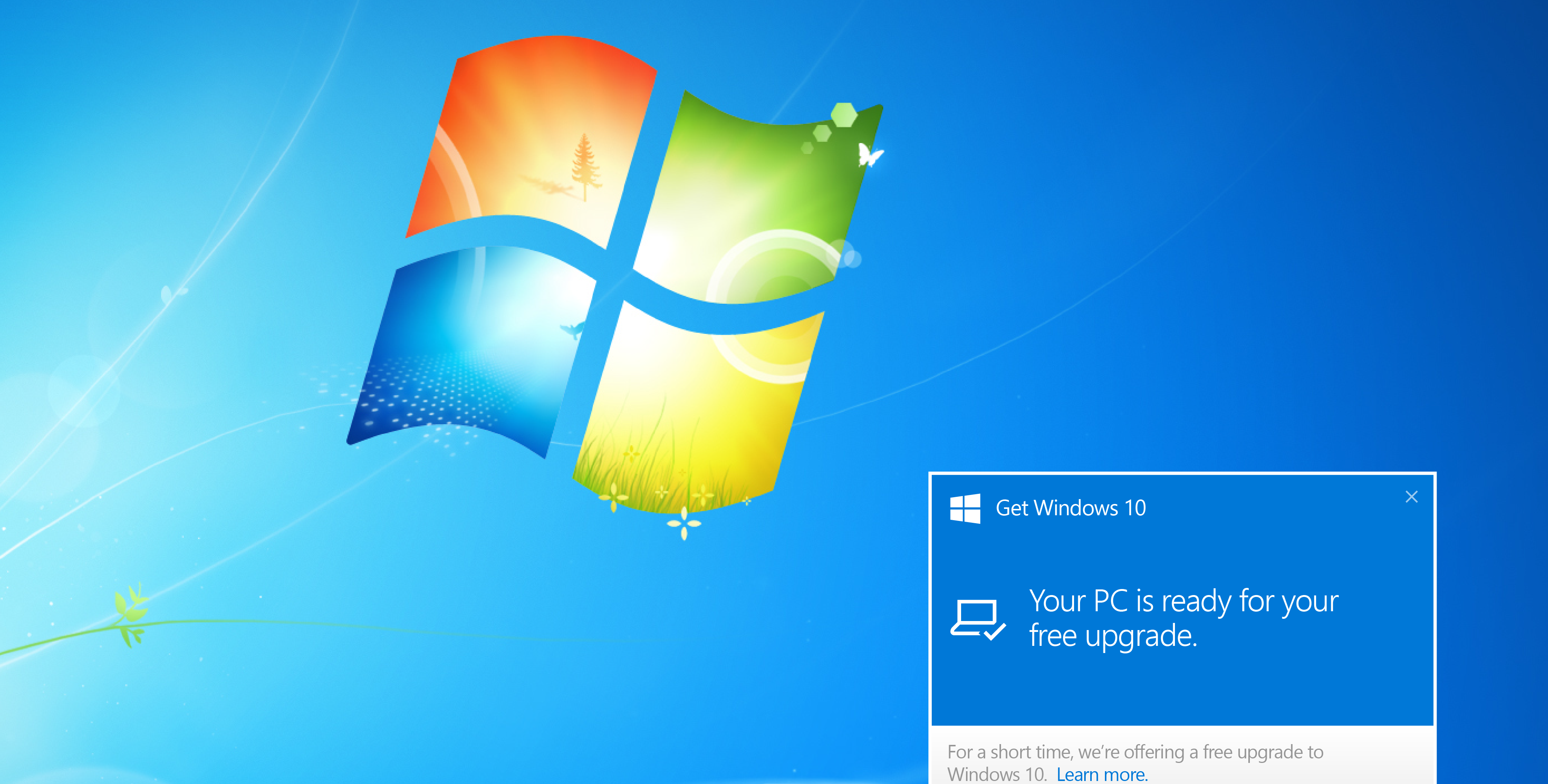 Windows 10 vs Windows 8.1 vs Windows 7 - Microsoft OS head-to-head
Windows 10 vs Windows 8.1 vs Windows 7 - Microsoft OS head-to-headVs We pit Microsoft's most popular operating systems against each other to see which is the greatest of all time
By Mike Passingham